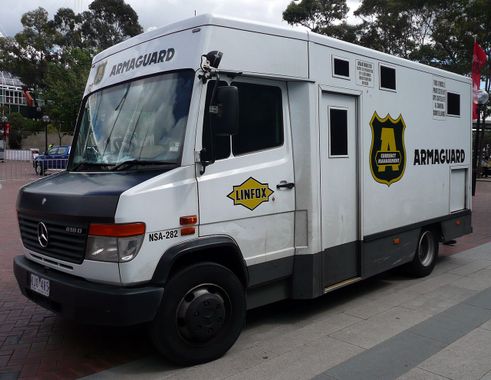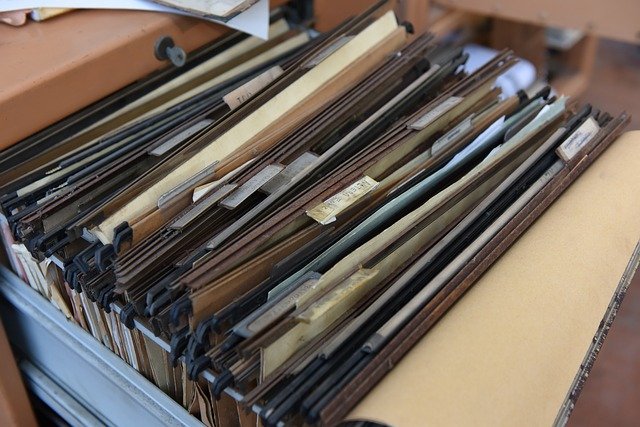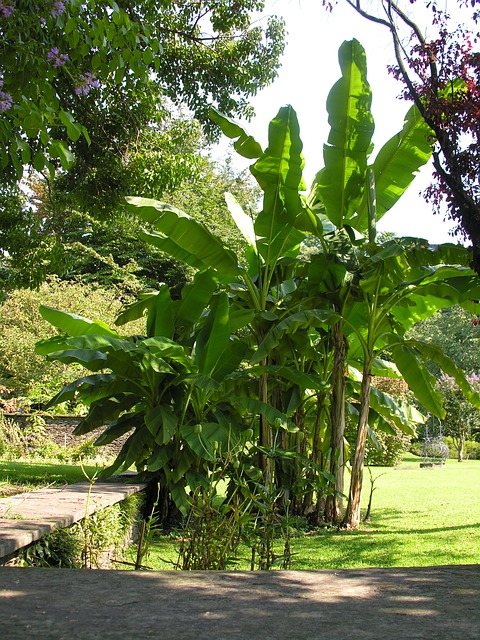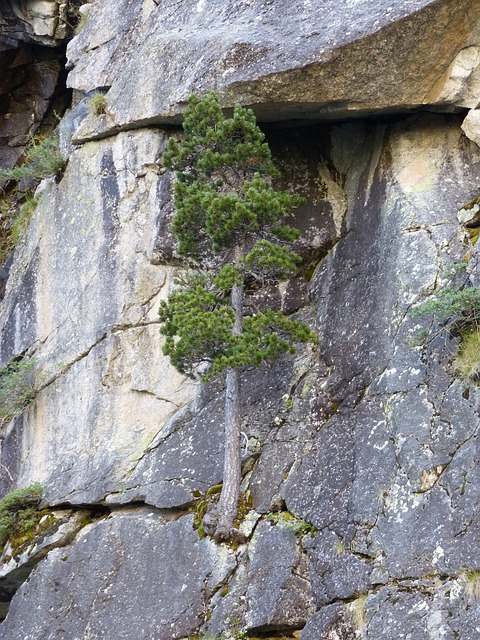Equation of Exchange
Last week, the question was raised if the Equation of Exchange could be part of a 21st century economics education. Since I learned this equation when I was at school, you could ask yourself if it is not outdated. The equation, however, is of a simplicity that allows for many lessons about the economy. So, I would say: “Why not?”.










